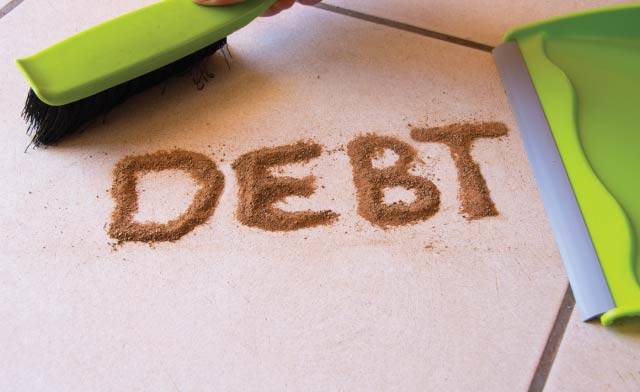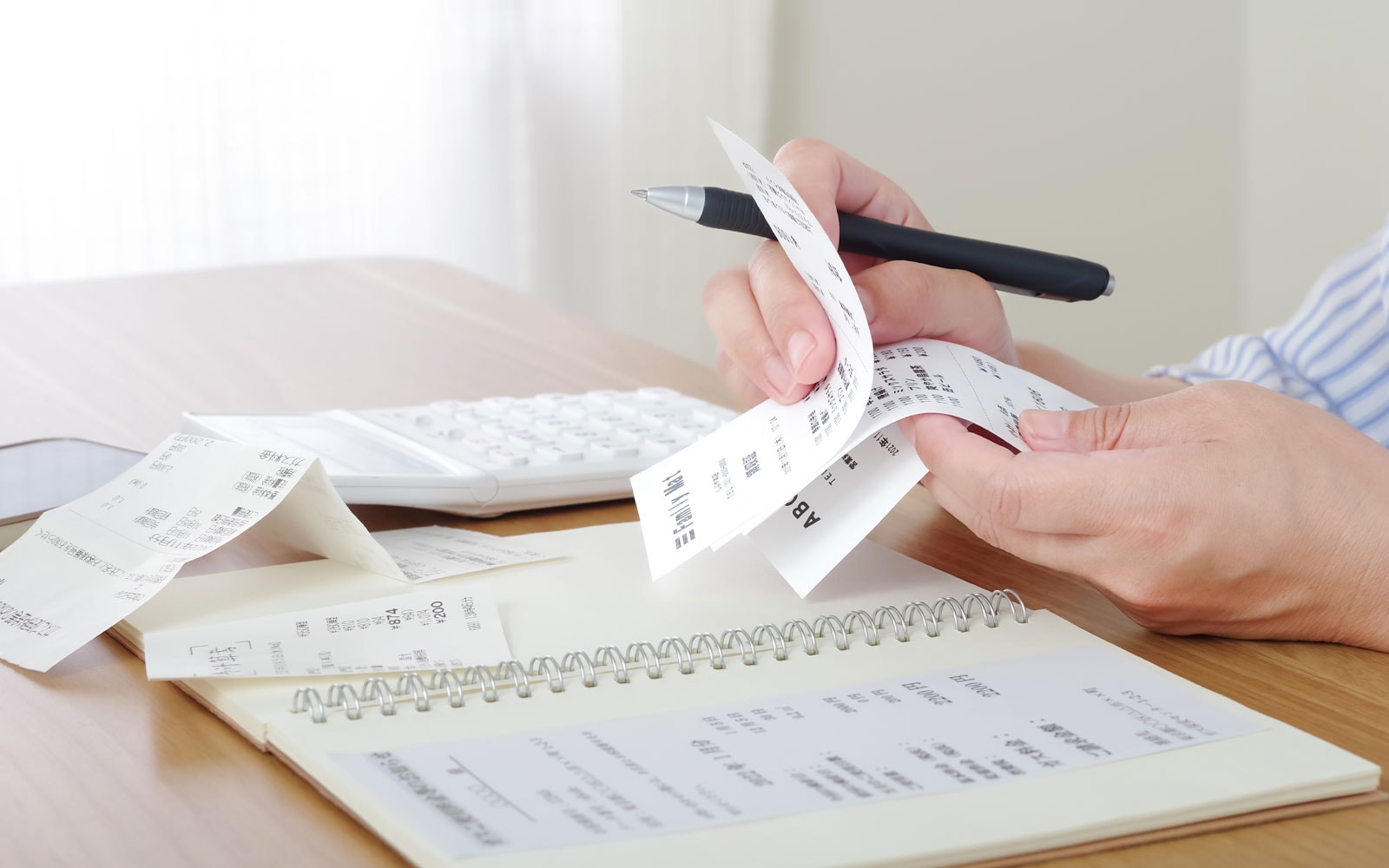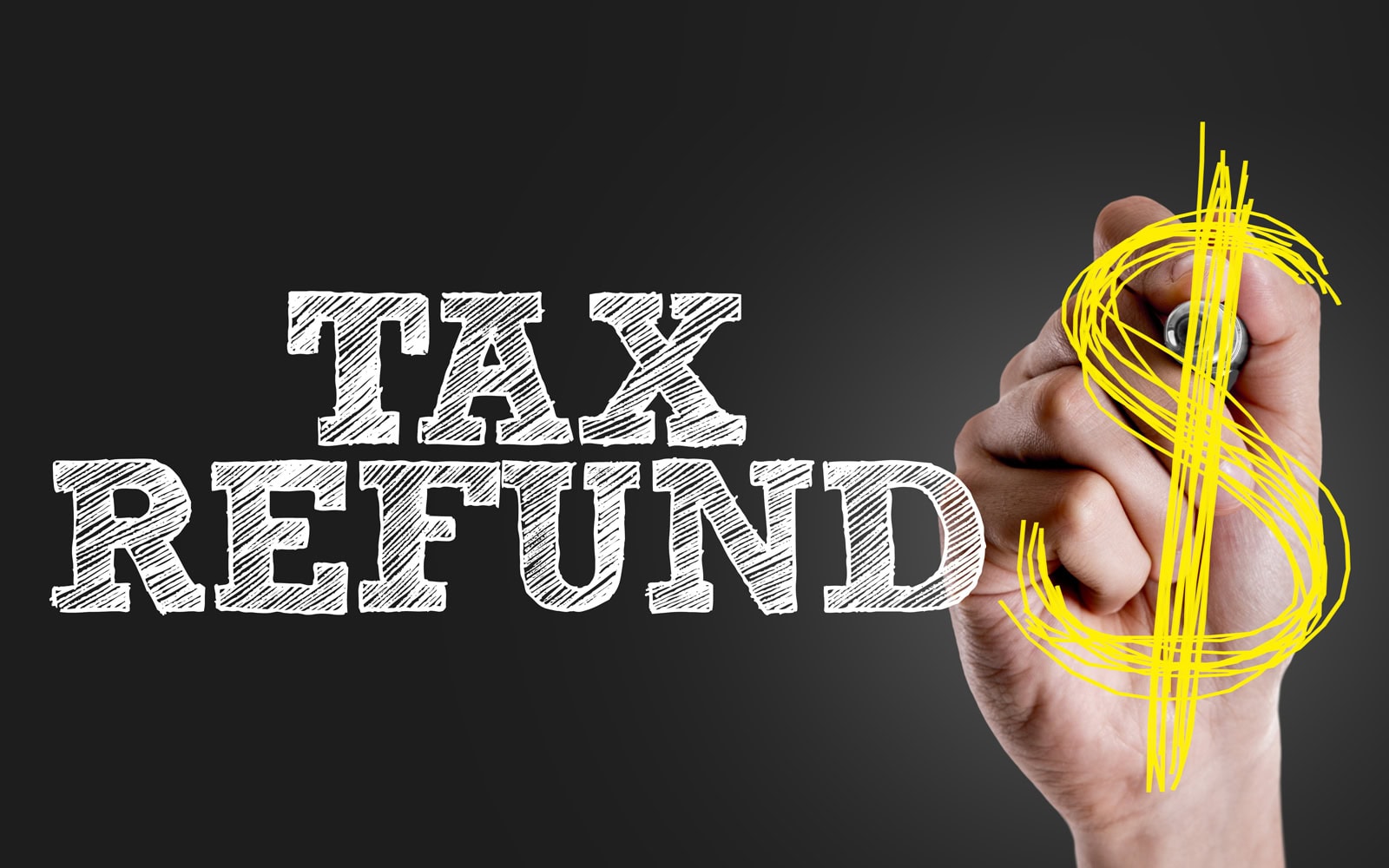So how is it you could be debt free
Debt can destroy your financial dreams. Whether you carry a small balance on your credit card each month or are staring up at a mountain of financial obligations, debt makes it impossible to get ahead.
A lot of Kiwi’s are stuck with credit cards, store cards that they can never seem to pay off because they are always on the limit and need to pay 20% or more in interest each month.
Now too, there are the likes of these big finance companies offering charge cards which seem handy at the time with their interest-free offers for higher ticket items, but eventually, they turn into the same high-interest payment each month due to little hooks in the fine print. For example, if you don’t use your store card or charge card wisely, very quickly you’ll be repaying the balance normally at around 25.99% p.a, and it’s added to your bill daily. Their interest rates are almost twice as high as a low-interest credit card and designed to keep you in debt.
We’ve got 8 great tips below to help you with debt
What’s the best short term solution?
If you’re not getting ahead because of too many monthly, and high interest payments, talk to us to roll them all into one easy to manage outgoing each month. Debt consolidation loans are a quick and effective way to start managing your finances so there is some left over for important things like savings.
Apply for a debt consolidation loan with Auckland Loans today to start moving you in the right direction – application form. It takes less than five minutes to apply online.
A few Tips for becoming Debt Free
1. Stop using credit cards
If you really want to get out of debt, stop using credit cards. The more you swipe, the more the balance climbs. Even if you continue to use your card, avoid leaning on perks such as the ability to take cash advances.
Having a hard time letting go? Try freezing the cards in a cup of ice. By the time you are able to access them again, hopefully you will have changed your mind about spending.
2. Pay as much as you can afford each month
Creating an emergency fund should be a top priority. But once you have accomplished this goal, use any funds at your disposal to pay down debt. The more you pay, the faster you’ll be free of your obligations.
Did you work some overtime last week? Apply the extra earnings to your debt.
3. Make cuts to your spending
Take a good look at where your money is going and separate necessities from mere wants. Skip daily trips to the local coffee shop or to your favorite lunch spot. Over time, these savings can add up. Use them to dig out of the hole much quicker than you expected.
If you are struggling to figure out which expenses you can cut, start by crafting a budget. Use software such as You Need a Budget to help you get spending priorities on track.
4. Double up on payments
Congratulations if you have paid off one credit card. However, accomplishing that goal doesn’t mean it’s party time. Keep the momentum going by allocating those funds that are now freed up to the next balance in line.
5. Use windfalls to pay down balances
If you get a sudden windfall — such as a tax refund or bonus at work — don’t spend it on a splurge. Instead, bite the bullet and use a portion of the funds to pay off debt.
6. Freelance to earn extra money
Try your hand at freelancing to make a few dollars on the side. In some instances, you may be able to generate a substantial amount of earnings, all of which should be contributed to the debt-payoff fund.
7. Tackle debts with the highest interest rates first
Although some prefer the debt snowball method, which suggests that you pay the debts with the lowest balances first to build momentum, it makes more financial sense to clear those debts with the higher interest rates first. The ultimate goal is to pay off debt, however, so the choice is yours.
8. Don’t sacrifice the things you love the most
Paying off debt may require you to make a few lifestyle changes, but it doesn’t have to be depressing. If you have a difficult time adjusting to new circumstances, implement gradual changes so the process won’t become too overwhelming.








